Course Description
MTH 205: Linear Algebra II Unijos lecture note pdf is a continuation of Linear Algebra I, delving deeper into advanced topics and applications of linear algebra. This course builds upon the foundational concepts covered in Linear Algebra I and explores more complex theories and techniques, such as vector spaces, linear transformations, eigenvalues and eigenvectors, inner product spaces, and canonical forms.
Course Structure
- Advanced Vector Spaces
- Subspaces and Quotient Spaces: Further exploration of subspaces and introduction to quotient spaces
- Direct Sums: Direct sum decompositions of vector spaces
- Dual Spaces: Understanding the dual space and its properties
- Linear Transformations
- Matrix Representation: In-depth study of linear transformations and their matrix representations
- Change of Basis: Transition matrices and similarity transformations
- Invariant Subspaces: Exploring invariant subspaces under linear transformations
- Eigenvalues and Eigenvectors
- Diagonalization: Conditions for diagonalizability and methods
- Jordan Canonical Form: Finding the Jordan form and its applications
- Minimal Polynomial: Understanding and finding the minimal polynomial of a matrix
- Inner Product Spaces
- Orthogonality: Orthogonal and orthonormal sets, orthogonal projections
- Gram-Schmidt Process: Application of Gram-Schmidt orthogonalization
- Spectral Theorem: Spectral decomposition of symmetric matrices
- Bilinear and Quadratic Forms
- Bilinear Forms: Definitions and properties, matrix representation
- Quadratic Forms: Classification and canonical forms
- Definiteness: Positive definite, negative definite, and indefinite forms
- Matrix Factorizations
- LU Decomposition: Factorization of matrices into lower and upper triangular matrices
- QR Decomposition: Orthogonal-triangular factorization
- Singular Value Decomposition (SVD): Theory and applications
- Applications of Linear Algebra
- Markov Chains: Advanced applications in probability
- Principal Component Analysis (PCA): Data reduction and feature extraction
- Linear Programming: Optimization techniques using linear algebra
Learning Outcomes
By the end of this course, students should be able to:
- Understand advanced vector space concepts and linear transformations.
- Analyze and solve problems involving eigenvalues, eigenvectors, and canonical forms.
- Apply the spectral theorem and orthogonalization techniques in various contexts.
- Work with bilinear and quadratic forms and understand their applications.
- Utilize matrix factorizations in solving complex linear algebra problems.
- Apply advanced linear algebra concepts to real-world problems and in-depth studies.
Assessment Methods
- Exams and Quizzes: To evaluate theoretical understanding and problem-solving skills.
- Homework and Assignments: To practice and reinforce advanced concepts learned in lectures.
- Projects: To apply linear algebra techniques to complex problems and real-world scenarios.
- Class Participation: To encourage engagement and active learning.
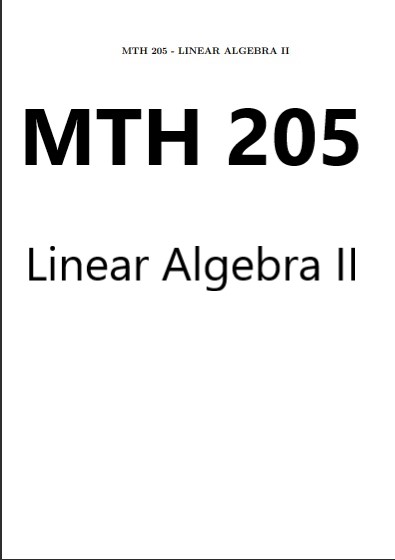
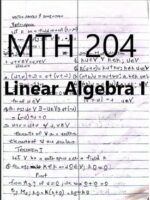
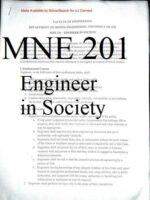
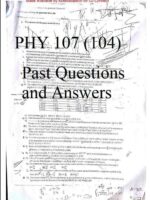
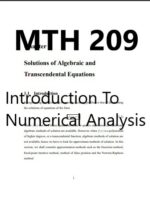
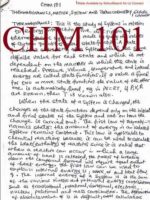
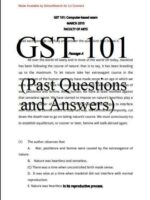
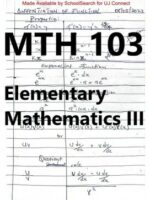

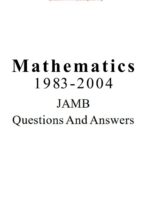
Be the first to review “MTH 205: Linear Algebra II”